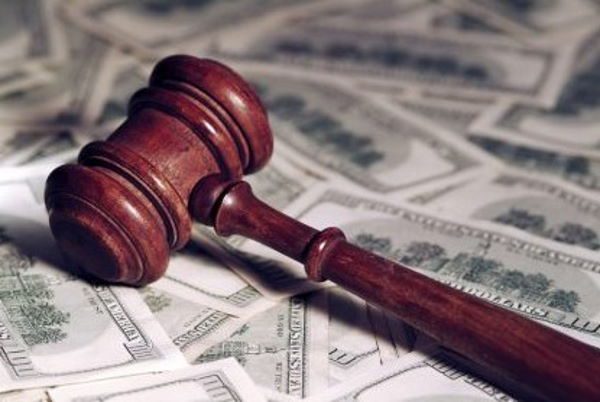The injured party in a personal injury case in Greensboro, North Carolina, is entitled to recover damages. A jury determines the actual amount of compensation for said damages. Therefore, the actual cost of damages will vary from case to case. The defending party can appeal the award if deemed excessive or insufficient. If you are currently involved in a personal injury case in North Carolina, ensure you are informed about the types of damages in law to help with litigation.
Definition of Damage, According to Law
Several factors are taken into consideration during the litigation of personal injury cases. First, it takes an understanding of the different types of damages in law to calculate the actual value of the compensation the defendant owes the plaintiff.
But first, how does the law define damage? What constitutes damage in the eyes of the law?
Damages refer to the amount of money the law enables the victim to collect from the defending party. You can only collect damages after the jury has determined that the defendant is at fault and has violated the plaintiff’s rights (victim).
The purpose of collecting damage is to recover any costs incurred by the victim because of the injury resulting from the negligence of the party at fault.

Types of Damages in Law
There are three types of damages in law for personal injury cases in North Carolina. The following damages are:
- Economic Damages
- Non-Economic Damages
- Punitive Damages
Learn more about these types of damages in law to protect your right in pursuing a personal injury lawsuit.
Economic Damages
Economic damage is one of the simplest forms of damage involved in a personal injury case. It refers to the financial losses that the victim suffered as a direct result of an accident caused by another party.
Many other sub-categories of damages could fall under the economic damages of an accident. They include but are not limited to the following:
- Medical bills due to a hospital stay, medications, therapy, and use of medical equipment
- Repair costs involving any damaged property due to the accident
- Loss of income due to inability to work because of the sustained injury
- Loss of earning potential because of a permanent disability
- Funeral costs because of death resulting from the accident
Filing a personal injury lawsuit to cover economic damages will enable the victim to use the recovered funds to cover the above costs and other recurring expenses.
Non-Economic Damages
While economic damages solely focus on recovering the financial loss, non-economic damages cover those non-financial aspects of an accident. This refers to the mental and emotional damage that a person suffers due to the accident. It is more difficult to calculate the value for this type of damage, which is why you need the counsel of a legal expert to handle your case.
For example, you witnessed the death of your loved one after you got involved in a car crash due to another driver’s fault. The psychological trauma of losing a loved one and witnessing their death is worth pursuing legal action for.
There are other types of non-economic damages in law, such as the loss of a loved one’s companionship and emotional support, disfigurement that affect your mental health, or the emotional pain of permanent disability.
Some states limit the amount you can recover from non-economic damages. Therefore, you need an experienced personal injury lawyer to assist you and obtain the maximum possible compensation.

Punitive Damages
Punitive damage is the least common type of damage involved in a personal injury case. It relates to an injury sustained because of the blatant negligence and recklessness of the party at fault. The plaintiff must provide evidence and prove that there was intent on the defendant’s part to cause harm.
The penalty and damages for punitive cases are stiff. This type of punishment aims to ensure that the party at fault will not commit the same act or behavior in the future. Examples of punitive damages resulting from personal injury are injuries due to assault, medical care abuse, and impaired driving accidents (such as drunk driving).
How Are Damages Calculated?
Various factors determine the cost of damages the at-fault party must pay the victim. Among these factors are the following:
- Nature and severity of the injury
- Total financial damage
- Amount of insurance coverage
- Negligence (or, in this case, contributory negligence)
A victim can pursue more than one type of damage in a personal injury case. However, it is something that you should discuss with an attorney to ensure that you have a strong case against the defendant.


